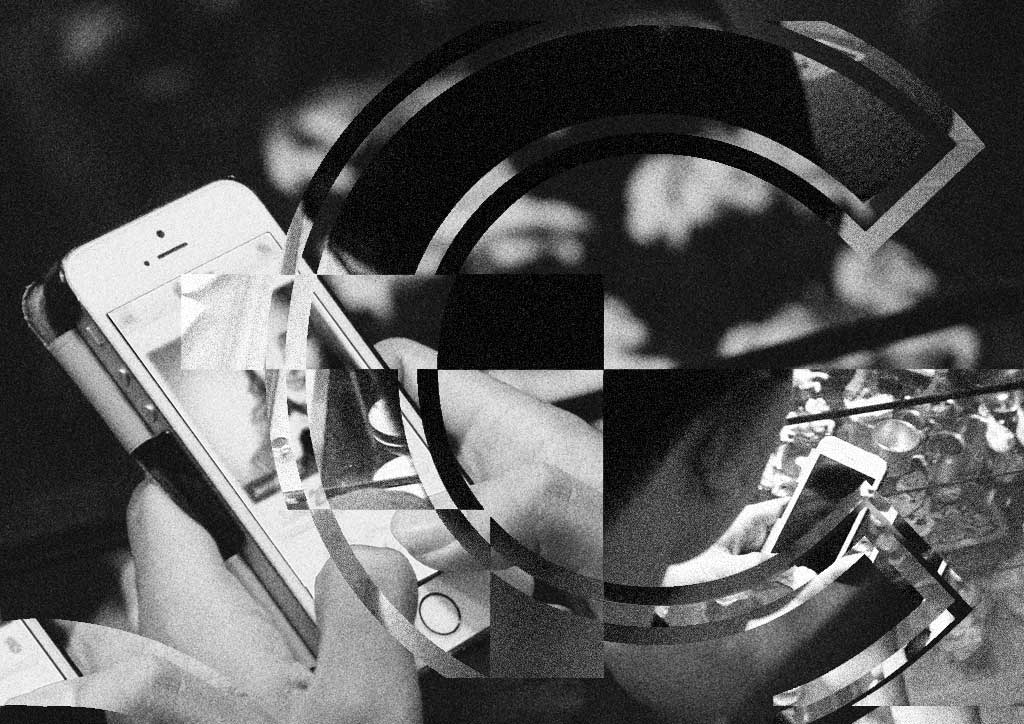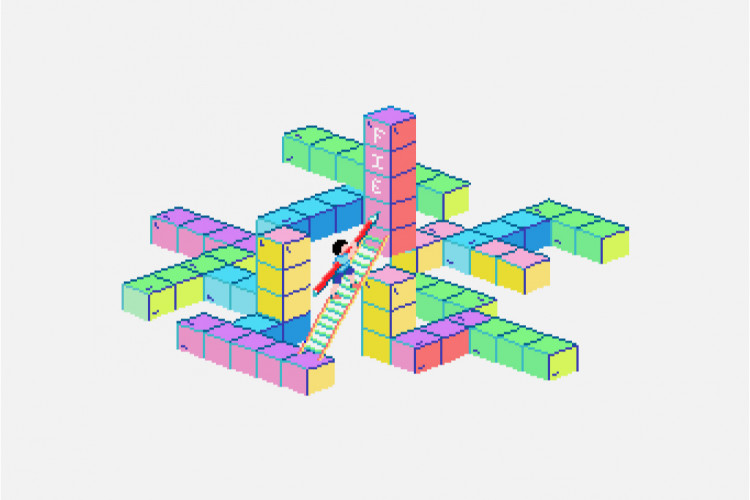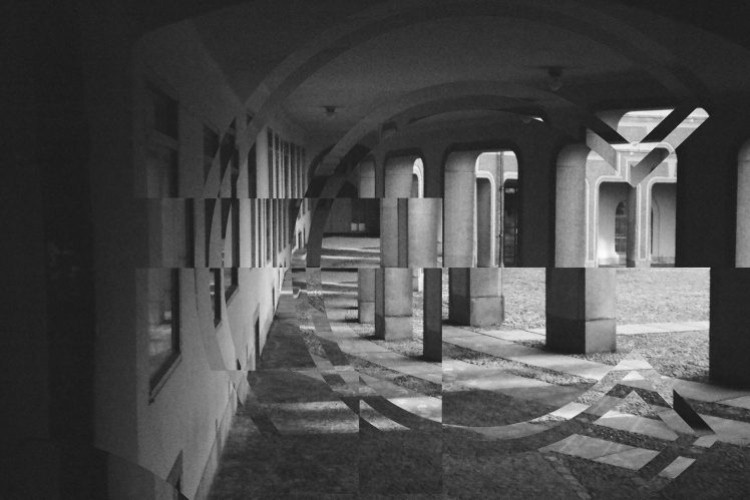
In Brave New World, Aldous Huxley depicted an “engineered human race that is devoid of feeling and emotions, where sexual partners are interchangeable, where hedonism reigns supreme, and a world where people are categorised by ‘type’.” Huxley’s Brave New World is a tendentious novel which – at its time – was nothing rather than a prophecy. When Huxley wrote this book, little did he know that his fictional novel would become a desensitized reality. In our everyday lives now, we can see reflections of social conditions in Huxley’s novel. Shall we uncover the similarities between Huxley’s dystopian society and our culture being conditioned?
Tinder, and any other online dating apps, may or may not produce a world as predicted by Huxley, but it contributes to the type of thinking that such world could be a possibility, and perhaps, more disturbingly, feel completely natural.
The ultimate question is that, with the recent boom of Tinder, has it helped us a culture of finding instant love or damaged the way we connect with the person we are interested in, or even attached to us? I personally feel like it gives people the agenda to promote themselves and glorify very mundane situations and turn then into something more. You can flirt discreetly. You can swipe and swipe so hard for the sake of the “hot or not” game. Yet you don’t have any form of emotional attachments to these people.
I guess with the ever galloping information technology revolution, the subsequent and rapid evolution in industrialization, the world-wide social network orgy and our general shift from real-world to online living, and all the mostly horny 20-somethings on the verge of their quarter life crisis, online dating is on the go.
I have to admit that I am a defeatist when it comes to online dating apps or websites. Not even one thought of joining it, I don’t even have any interests in downloading it in the first place. I don’t even care about the “Fear of Missing Out” phenomena happening among youth these days. I had no choice because I had this series of beliefs cultivated in my head.
“It’s a popularity, hot or not contest for overly narcissistic people and validation junkies.”
“It’s a sex-app, whatever happened to humanity?”
“How does an app like Tinder validate your ego? Like, they have to know that most men/women look at a pic for a total of 2 seconds, and decide whether or not they would fuck you, and swipe. It’s completely mindless.”
“If this lame app is the last way to meet people, I’m going to die alone.”
“If this is how our generation meets people, what is the future of serious long-term relationships?”
Though I sort of agree that Tinder is just social media in general. We knew it started with Myspace, and then Facebook, Twitter, Instagra, then Path (at least for us, Indonesians). Having the need to be validated is everywhere and I agree, however Tinder has played a part in further amplifying this effect. There’s just so much validation satisfaction that can be derived here on a digital space.
(Well, because sometimes people just need to feel important and sought after, since they have been told they are the center of the world by their parents since birth, but unfortunately their lives aren’t turning out that way.)
Noped to joining Tinder because I have obvious reasons to be against it. Until a few weeks ago, after years of being one of those online dating cynics, curiosity finally killed the cat. I reached my phone and finally fired up that tinder app everyone was fussing about. I told myself that I was purely on Tinder for a social experiment, which meant that by no means would I ever willingly ask for a phone number or ever actually meet up with anyone. My participation was for research purposes only.
My observations: It soon became clear to me why a lot of my friends were addicted; it was a treasure trove of some of the most desirable bachelors in the area. It is very likely that when matches are made on Tinder, dopamine – the chemical associated with feelings of pleasure – is released in the brain.
A study has proven how dopamine is secreted during social networking. For example, when the content you posted is ‘liked’ on Facebook. The production of oxytocin – the chemical associated with love, happiness and feelings of trust – has also been studied in relation to social networking and fools users into thinking they are surrounded by caring individuals. The release of oxytocin is also required to cure loneliness and broken hearts. In other words, Facebook – and now Tinder – virtually produce the conditions that promote the release of oxytocin in the brain, making users feel liked, loved and appreciated. Combined with frequent hits of dopamine, the act of finding a date becomes is addictive, that when a match is made, perhaps after hours of searching and swiping, it seems random and is always accompanied by feelings of reward, satisfaction and euphoria. So, with strong chemical rewards literally at your fingertips, it is unsurprising how many people turns into social media for instant gratification.
Like other social media before it, Tinder demands you to become extremely conscious of your online image, but with a slight difference. It asks you to assess yourself. Not as a friend, acquaintance, colleague or family member, but as someone looking for a one-night stand or a romantic relationship. This whole new context though, differentiates how users represent themselves on Tinder. Sexual personas are overtly staged: Men are found shirt off, showing off their built bodies; As for women: showing off cleavage, lounging around with bikinis, or pouting lips with cute, vibrant lipsticks. Showing physical assets is a part of the game. It’s true that being self-conscious about how we present ourselves online has become a necessary fact of life. All representation on social media contains an element of fantasy: profiles are portals where we can represent who we are but also who we want to be. Same people, two very different personas.
Unimpressed, It was only a meager 60 minutes before I resigned as a user, and deleted it off my phone. The app left me slightly disturbed. The Hot or Not nature of the way in which users are encouraged to rank one another just kind of irks me. Not going to go to the “judging a book by its cover” argument over here because people DO judge others by their looks even before this thing exists. It was all true, though. It does give you confidence boosts, and like most internet delights, it is salaciously addictive. You just never know who’s going to appear in your next swipe. Tinder totally provides you with instant validation from the opposite sex, which, as it turns out, is more addictive than consuming a jar of Nutella.
The main problem I see with Tinder and online dating is that it gives people the impression that the “100% perfect” match exists, that basically you can input what you want and what you don’t want into the system and you’ll eventually get someone who meets those exact requirements.
Because of this, people do not really want to put time in getting to know each other sometimes. As soon as they see something that they do not like in the person they just met, or that someone may be a better match, they will just move on to the next option instead of actually giving things a try. Because simply, getting into a serious relationship with an application isn’t really their purpose, anyway. But then again, what is the point of having 100-ish matches of people who cannot and will not ever understand you? When will you feel finished? People become disposable. Furthermore, the app appears to hold up the belief that “to be fulfilled, one has to be sexually admired.”
In today’s dating culture, I believe that it’s very tempting to bail on something that doesn’t feel immediately satisfying, and this is why intimate long term relationships are a dying breed. There’s too many options, too much lying, too many people are avoiding confrontations these days and that’s why they’re taking the instant, yet thrilling way out under the cloak of anonymity in the digital space.
In my way of thinking, face to face communication and an actual discussion is a lovely thing. It gives us the opportunity to be who we truly are and be accepted for that. It also gives us the chance to make deeper and longer-lasting connections with people. Which in turn, will make us happier than just endlessly swiping left or right to find the dream girl or guy that we know deep inside our heart does not exist on an application.
So, in the end, is Tinder ruining romance and relationships? I’d like to think that the kind of people who use Tinder are not the kind who’d care about romance, anyway.
And how is Tinder destroying your relationship with someone?
”I know you’re 1,000 miles away but I decided to sign on to a hookup app, because you know, for science. Love you!”
Because everyone thinks they should be able to do any behavior, regardless of how appropriate or not in the context of a relationship. Because of the delusional thought “If our love is true love nothing will happen”. Or maybe, when you are in a relationship and your significant other is on it, maybe, you were never that special to begin with.











